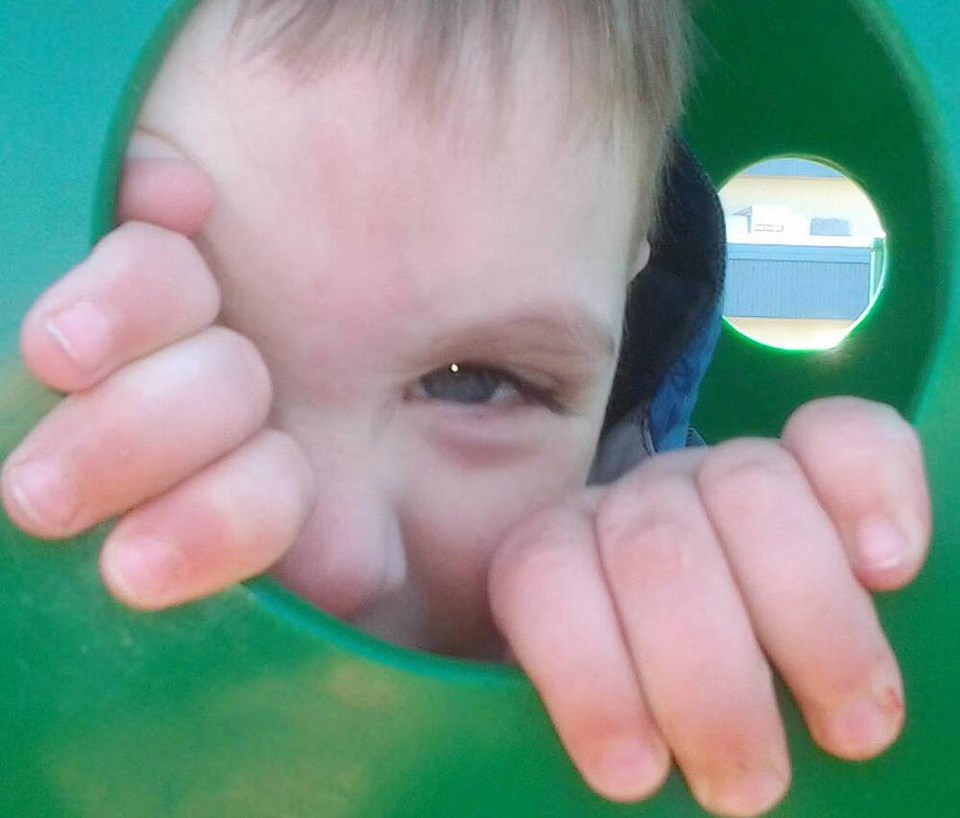There has been a substantial increase in the number of childcare spaces in the region.
That’s according to the 2023 Survey of Licensed Child Care Spaces and Policies in Metro Vancouver, which found that spaces increased from 18.6 per 100 children under 12 in 2019 to 25.1 in 2023.
“The positive results are likely directly related to the significant increase in funding provided from the provincial and federal governments under the ChildCareBC strategy, the notable increase of stand-alone child care strategies in local governments across the region, and other regulatory tools such as zoning and financial incentives,” a Metro report on the survey notes.
Metro Vancouver updates the survey every four years, with the latest reflecting the current inventory.
In addition, the municipal mail-out survey undertaken in support was expanded to capture a “more robust” view and a better understanding of the challenges of current childcare planning in the region. Some of the key findings in the 2023 survey include the number of children under the age of 12 is expected to continue to grow slightly in the near term, by 1.1 percent (from an estimated 323,796 in 2023 to 327,397 in 2028).
The number of childcare spaces grew by 35 percent (up from 60,970 in 2019 to 81,264 in 2023) in Metro Vancouver.
As of 2023, Metro Vancouver’s 25.1 spaces per 100 children 12 and under remains slightly below the 2021 national average of 29 spaces but above the B.C. average of 21 spaces.
According to the survey, in 2019, the total estimated number of children 12-years-old and under in the City of Delta was 13,441, and by 2023 that grew slightly to 13,573. By 2028, the number is projected to drop to 12,643.
The estimated number of childcare spaces in Delta in 2023 was 3,041. Delta’s childcare spaces per 100 children 12 and under was 22.4, which is among the lowest in Metro Vancouver with only Surrey and Burnaby having fewer.
In 2020, council approved a new Delta Childcare Strategy and Action Plan.
The strategy includes 24 recommendations which are grouped into three strategic directions including increasing accessibility, increased affordability as well as a focus on quality.
Among those recommendations is working towards a goal of adding 1,051 new childcare spaces over 10 years to reach the Canadian average ratio, as well as having a partnership with the Delta School District to explore options for co-locating childcare programs in elementary schools.
A more recent update by the Delta Child and Youth Committee (CYC) on Delta’s Child Care Action Plan provided an overview of childcare trends in Delta and progress made in implementing that plan.
A Delta staff report on the update notes that in 2023, Options Community Services Society (Options), which operates Delta’s Child Care Resource and Referral (CCRR) program, conducted a fresh review of the city’s childcare needs assessment in partnership with Fraser Health and City of Delta, focusing on understanding the current state of childcare in Delta.
That review found that in 2022, there were 2,597 childcare spaces in Delta, including licensed group, multi-age, in-home multi-age, licensed family childcare and pre-school spaces. That review also found that Delta had 19 spaces per 100 children ages 0-to-12, an increase from 17.3 childcare spaces per 100 children in 2019.
The Options report, titled Child Care Update, September 2023, indicates that access to infant, toddler and school age childcare continues to be a barrier for those living in Delta.
The most significant gaps identified included childcare for various ages in North Delta, for children ages 0-to-2 and the school-aged childcare ratio in all three Delta communities.
Options recommends the city to conduct a Phase 2 update of Delta’s Child Care Needs Assessment to project the growth of the number of children and recalculate the number of childcare spaces that will be required in the next five years.
The report also highlighted several possibilities to expand childcare when it comes to the Delta School District.
Many elementary schools currently have lease agreements with private childcare providers which provide a range of childcare services. The district, however, has approved a policy that is in line with provincial expectations of having not for-profit childcare in schools.
In November 2023, council approved further amendments to streamline the city’s zoning bylaw including making it easier to establish childcare spaces.
Those changes are aimed at expanding permitted home occupation operations and allow childcare facilities more broadly across the city. They will be a permitted use in all zones, while in residential and agricultural zones spaces would be limited to a home occupation use.



